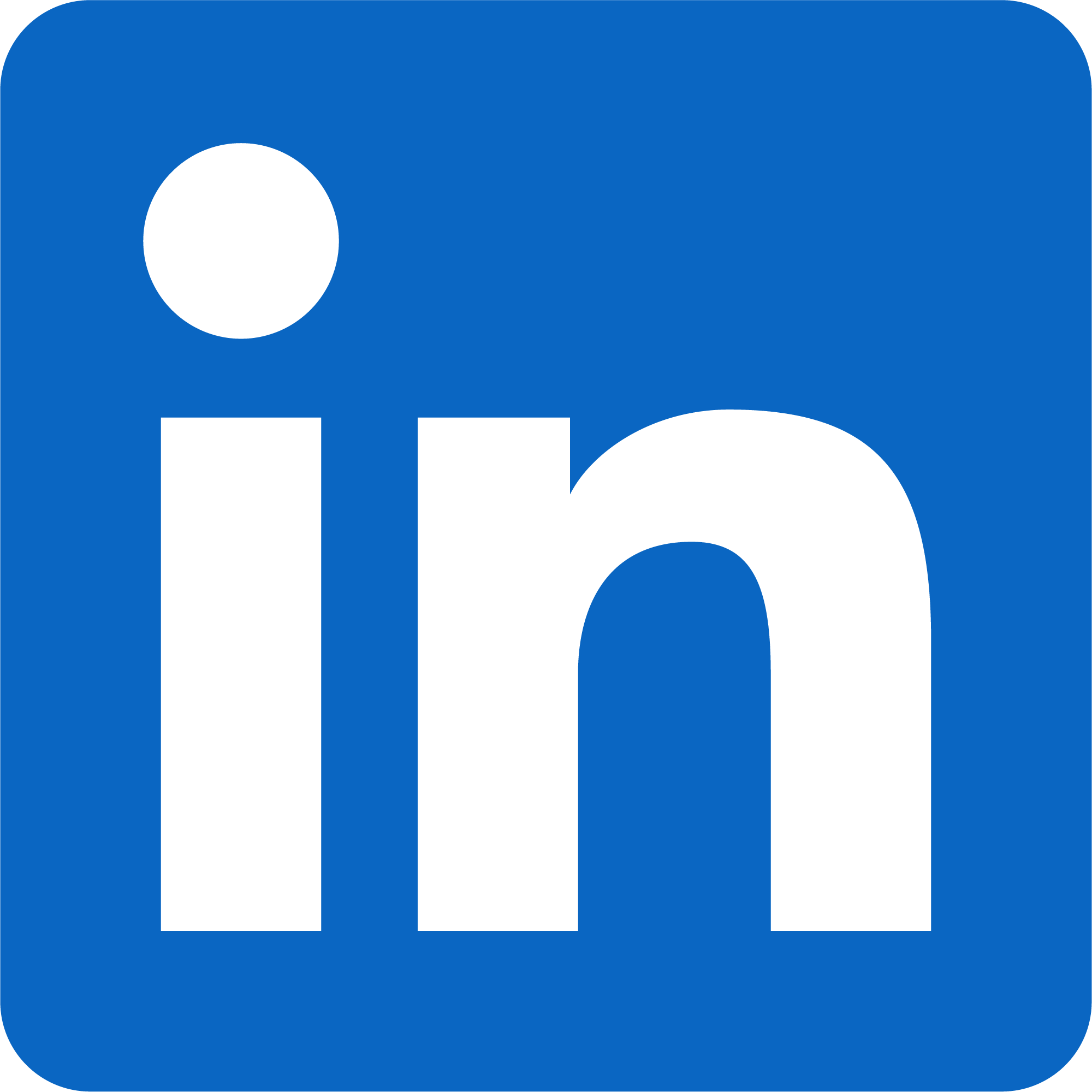Impact of Violence against Healthcare Providers on Maternal and Child Health Service Delivery in Karachi
The Ripple Effect of Violence: Impacting Maternal and Child Health Outcomes
DOI:
https://doi.org/10.62807/jowach.v1i1.2023.7-11Keywords:
workplace violence, healthcare providers, maternal health, child health, healthcare qualityAbstract
Background
There is an increasing global issue with workplace violence against healthcare practitioners. The healthcare system as a whole and individual employee are both hit hard by this. The purpose of this research was to identify the prevalence, nature, and consequences of workplace violence encountered by healthcare workers in maternity and child health service delivery settings in the violent metropolis of Karachi, Pakistan.
Methods
A quantitative cross-sectional study was conducted among 414 healthcare providers from 14 randomly selected hospitals in Karachi. Participants completed a self-administered questionnaire assessing their experiences of workplace violence, including the type of violence, perpetrators, frequency, and impacts on their health and work performance.
Results
A shocking 87.9% of healthcare professionals have encountered workplace violence, with verbal/psychological abuse (37.4%) and physical assault (31.6%) being the most prevalent. Violence was most commonly committed by patients' relatives (42.8%) and happened daily (43.2%) or weekly (31.2%). Violence had serious effects, with 87.9% of providers absent 51.9% wanting to resign, and 69.6% feeling PTSD. Violence also lowered paediatric and gynaecology treatment quality.
Conclusions
Workplace violence is a serious and pervasive problem for healthcare providers in Karachi, with severe consequences for their well-being and the quality of care they provide. Urgent action is needed to address this issue, including stronger enforcement of existing laws, improved hospital security measures, and training for healthcare providers in violence prevention and management strategies.
Keywords: workplace violence, healthcare providers, maternal health, child health, healthcare quality

Downloads
Published
How to Cite
Issue
Section
License
Copyright (c) 2023 The Quantum Networks

This work is licensed under a Creative Commons Attribution 4.0 International License.
The Journal of Women and Child Health (JoWaCH) adheres to the CC BY 4.0 license, which is a Creative Commons Attribution 4.0 International License. For comprehensive information, we kindly request that you refer to the full license legal code. JoWaCH employs a non-exclusive license agreement for the purpose of open-access publication. In the context of open access publishing, the authors maintain the copyright of their work while also granting the journal the rights to publish and distribute it, while retaining the primary academic use rights. This practice facilitates the optimal use and dissemination of the work, while also guaranteeing proper attribution to the original source. The handling of manuscript content shall be conducted with confidentiality, with the exception of cases involving review processes and investigations related to potential misconduct, plagiarism, and duplicate/redundant or overlapping publications, in accordance with the guidelines provided by the Committee on Publication Ethics (COPE) COPE Guidelines.
JoWaCH is prohibited from disseminating content derived from previously published scientific work without obtaining proper authorization. Obtaining permission from the copyright holder, who may be either the author(s) or the publisher, is necessary in cases where the copyright holder is the publisher, for any work you want to use.
While it is acceptable to use a small amount of a work, obtaining permission from the copyright owners is necessary for a significant extraction.
The use of unmodified or little modified tables, graphs, and artworks (whether they are the user's own work previously published elsewhere or created by another copyright holder) necessitates obtaining permission.
Tables, graphs, charts, and artworks that have been fully redesigned and rebuilt, and include proper reference of the source, do not need obtaining permission.
JoWaCH facilitates unrestricted access to journal material for readers, necessitating the imposition of membership fees. The journal operates on a self-sustaining financial model and does not rely on support from other sources. The procedure of publishing is contingent only upon the financial resources of the publisher. The readers have unrestricted access to the information on the journal website.





